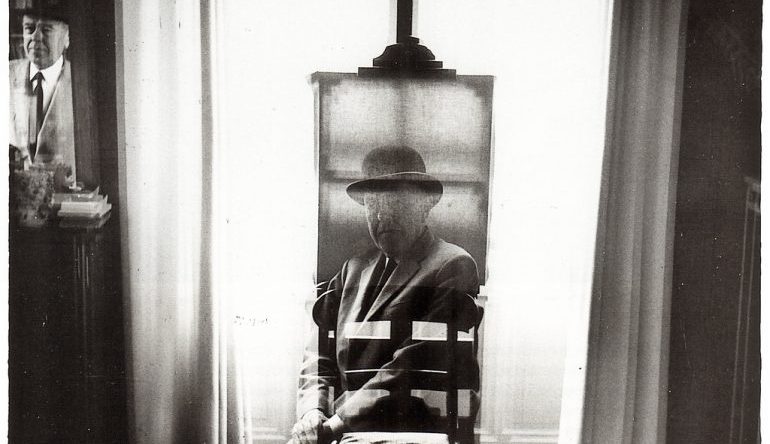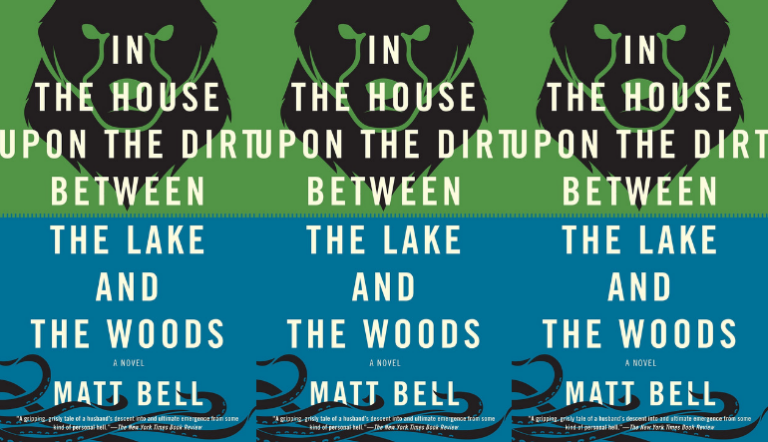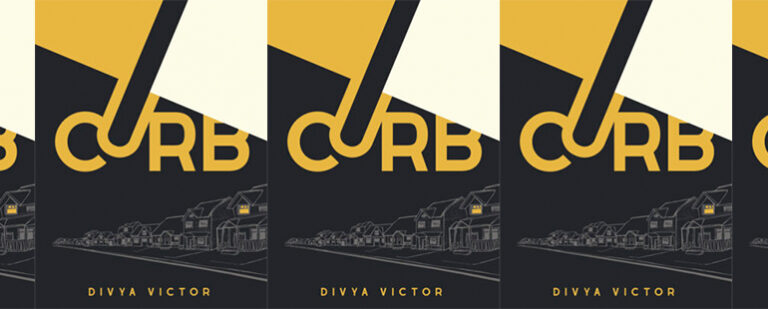As the Train of Fiction Rolls On, the Space Between

Last year, I interviewed Pam Houston about her novel Contents May Have Shifted and the fine line between fact and fiction. “Well, I don’t think of it as a fine line,” she wrote to me in an email.
My task as a writer has always been to take the scenes, the concrete physical objects, the moments, and the sensory details the real world offers, and shape them into story. The shaping is an all-important part of it, and that is why fiction is my true love, but not fiction as in something that didn’t really happen, just fiction as in something for which the shaping is as least as important as the representational qualities. The things that happened to Pam in Contents May Have Shifted are also things that happened to me—and yet, we know language, for all our trying, won’t stand still, won’t mean absolutely.
Words fail us, again and again. Language won’t mean absolutely.
Josef Albers discusses in his seminal Interaction of Color that “one color can be made to appear as two different colors” and no human eye is able to see both of them as alike. He writes, “If one says ‘red’—the name of color—and there are fifty people listening, it can be expected that there will be fifty reds in their minds.” The name of a color can’t convey its image as it really is. As such, every scene in every book has thousands of private readings and colors, one per brain. It strikes me that we can’t escape the self. Every time we read and write, we are limited to seeing through our own eyes. Even when writing the most imaginative fiction, we bear witness to our mind’s work, to our own imagination.
Of course, when I write fiction I want the reader to believe that it’s all true. As Pam Houston suggests, fiction is made alive by its constant appeal to the real. Perhaps the best fiction blurs what is real and what is not, in order to create a semblance of truth, in order “to procure that willing suspension of disbelief.” Much like biography, fiction writing is a study of life. A study of life that was made aware of its inaccuracies, of the gaps between the official accounts and the thoughts and feelings of those involved. The slippage of language, of memory, of what we convince ourselves to be true is rich ground for fiction.
It seems futile to define a text by its relation to imagination. The distinction between nonfiction and fiction is more subtle than real vs imagined. Fiction is about truth. It is about something the writer has observed in real life but that is not described by simply describing real life. Poet John Ashbery once said in an interview for The Paris Review, that personal experiences “are simply versions of what everybody goes through. For me,” he continues, “poetry starts after that point. I write with experiences in mind, but I don’t write about them, I write out of them.” A writer might not write about experience, but the writing comes with the knowledge of experience nonetheless.


